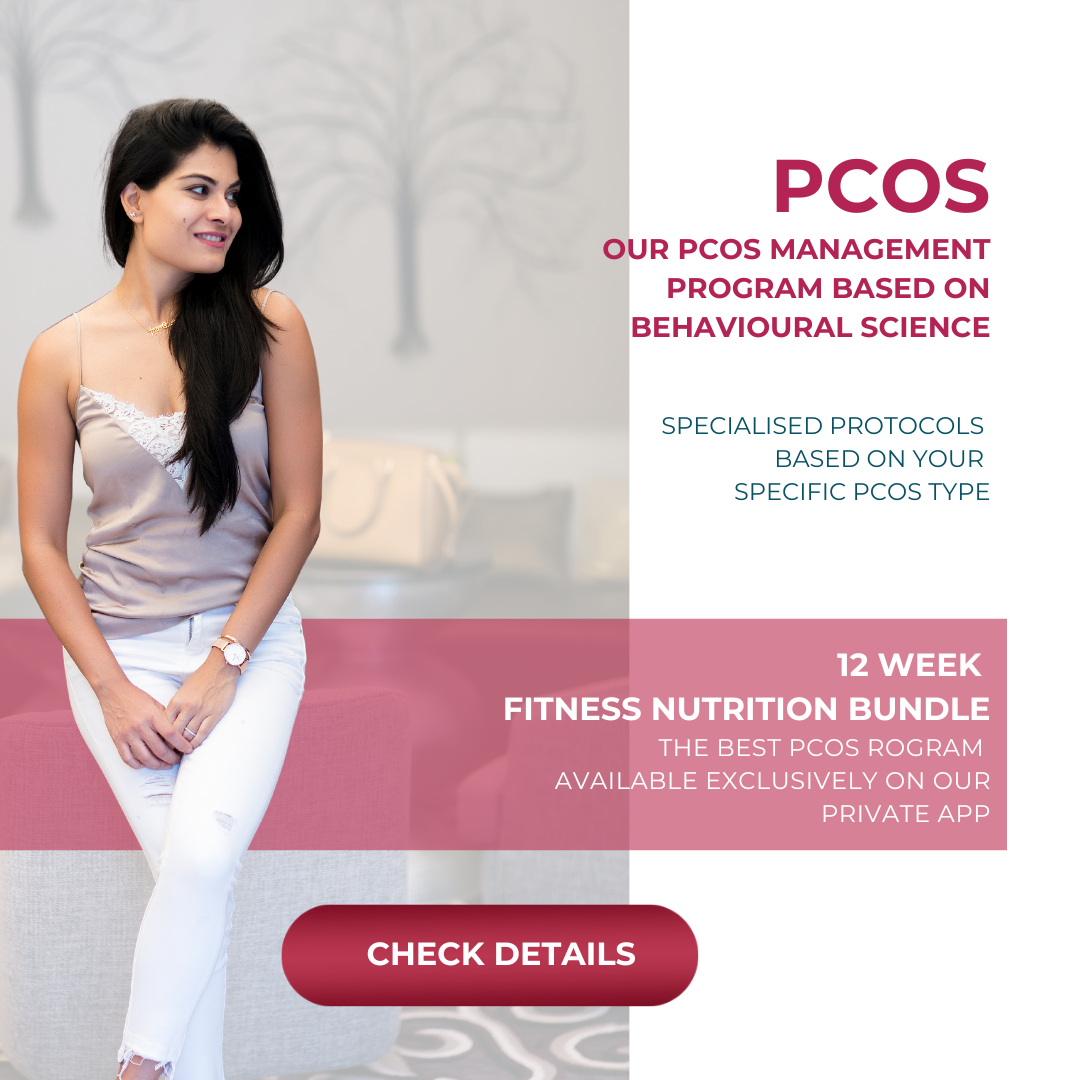Understanding the key vitamins and how to get them
The Essentials of Timing Your Vitamin Intake for Optimal Health
In the realm of health and nutrition, vitamins play an indispensable role in supporting bodily functions. Yet, not all vitamins are created equal when it comes to absorption. Timing and method of intake can significantly influence how effectively your body utilizes these essential nutrients. Let’s delve into the intricacies of vitamin intake to ensure you’re maximizing their benefits.
Water-Soluble Vitamins:
Water-soluble vitamins, including vitamin C and the B-complex vitamins, dissolve in water and are not stored in the body, making regular consumption essential. Fortunately, you can take them at any time of day, with or without food. However, some individuals may benefit from taking them in the morning to kickstart nutrient metabolism and energy production.
Vitamin C:
Vitamin C serves as a potent antioxidant crucial for immune health and collagen synthesis. While it can be consumed with or without food, pairing it with meals can mitigate potential gastrointestinal discomfort.
Best Sources:
- Citrus fruits (oranges, lemons, grapefruits)
- Berries (strawberries, blueberries, raspberries)
- Bell peppers
- Broccoli
- Kiwi
- Tomatoes
B Vitamins:
B vitamins are pivotal for various metabolic processes. Taking them with food is generally recommended, although some individuals may benefit from an empty stomach intake, particularly for maximizing B12 absorption.
Best Sources:
- Whole grains (brown rice, oats, barley)
- Leafy greens (spinach, kale, Swiss chard)
- Eggs
- Legumes (beans, lentils, chickpeas)
- Nuts and seeds
- Dairy products
Fat-Soluble Vitamins:
Unlike their water-soluble counterparts, fat-soluble vitamins rely on dietary fat for absorption. Hence, it’s advisable to take them alongside meals containing fat for optimal utilization.
Vitamin A:
Essential for vision and immune function, vitamin A absorption is enhanced when consumed with fat-containing meals. However, maintaining a balanced diet can often suffice without the need for supplementation.
Best Sources:
- Liver (beef, chicken, fish)
- Sweet potatoes
- Carrots
- Spinach
- Pumpkin
- Apricots
Vitamin D:
Vitamin D, vital for immune function and bone health, is best absorbed when taken with fat-containing meals or snacks. Adequate magnesium levels also play a role in ensuring optimal vitamin D utilization.
Best Sources:
- Fatty fish (salmon, mackerel, tuna)
- Cod liver oil
- Egg yolks
- Fortified foods (milk, orange juice, cereals)
- Mushrooms (exposed to sunlight)
Note : Vitamin D is very hard to absorb from food. If you are deficient it is best to take the supplement dose suggested by your doctor IMMEDIATELY.
Vitamin E:
As a potent antioxidant, vitamin E contributes to overall health. While typically taken with meals, recent studies suggest that as long as dietary fat intake is adequate throughout the day, precise timing may be less critical.
Best Sources:
- Nuts and seeds (almonds, sunflower seeds, hazelnuts)
- Vegetable oils (olive oil, sunflower oil, wheat germ oil)
- Avocado
- Spinach
- Broccoli
- Kiwi
Vitamin K:
Critical for blood clotting and bone health, vitamin K is recommended to be taken with a meal or snack containing fat. However, caution is advised for individuals on anticoagulant medications due to potential interactions.
Best Sources:
- Leafy greens (kale, spinach, collard greens)
- Brussels sprouts
- Broccoli
- Cabbage
- Fish (salmon, tuna)
- Meat (pork, beef)
Multivitamins:
Multivitamins offer a convenient option to address nutrient gaps, particularly in vulnerable populations. It’s advisable to take them with meals to enhance absorption and minimize digestive discomfort. Splitting the dose throughout the day can further optimize nutrient utilization.
Final Thoughts:
Understanding the nuances of vitamin absorption can empower you to make informed choices regarding your supplement regimen. Whether it’s ensuring adequate intake of water-soluble vitamins throughout the day or optimizing absorption of fat-soluble vitamins with meals, small adjustments can yield significant health benefits. For personalized advice on supplementation, set up a call with us to tailor a regimen that aligns with your specific health needs and goals. Your journey to optimal health starts with mindful nutrient intake and timing


Leave a comment